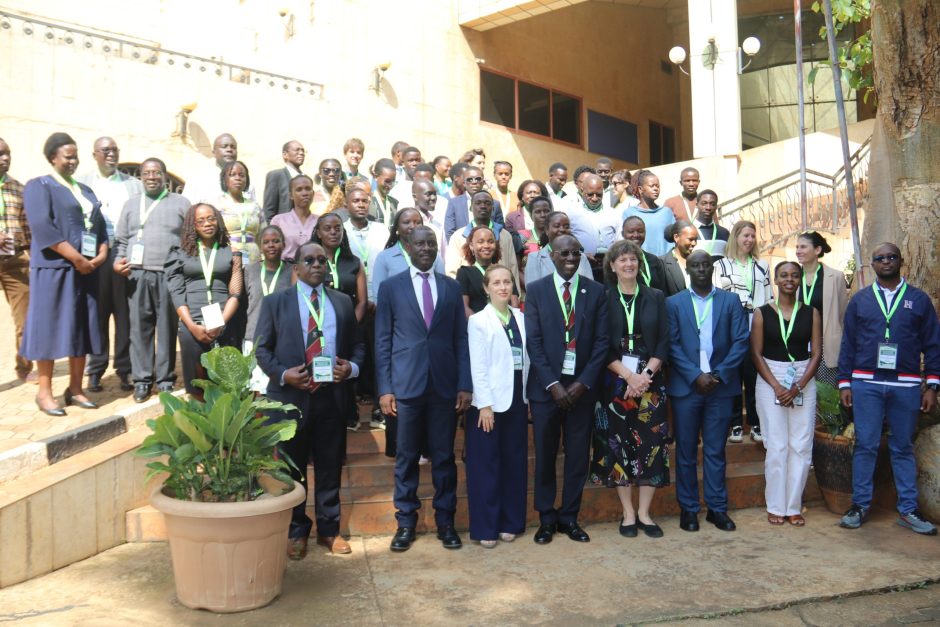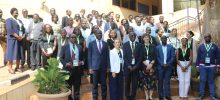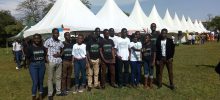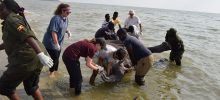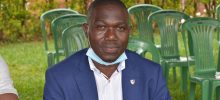Makerere University and Partners Celebrate INSSPIRE Project Achievements in Evidence-Based Higher Education on Food Systems and Climate Action
INSSPIRE, a flagship project housed at the College of Veterinary Medicine, Animal Resources and Biosecurity (CoVAB), has successfully concluded its three-year implementation journey with a final workshop held on Tuesday, 18th November 2025, at the Imperial Royale Hotel. The workshop brought together key stakeholders from leading universities across Europe and Africa to reflect on the project’s achievements, share lessons learned, and explore opportunities for future collaboration.
Over the past three years, the INSSPIRE Project has made significant strides in advancing research, innovation, and capacity-building, particularly in the areas of food systems and climate action. Through its initiatives, the project has contributed to strengthening academic programs and aligning them more closely with societal needs and the evolving job market.
Some of the notable achievements of the INSSPIRE Project include the comprehensive review and enrichment of the curriculum, ensuring that learning is not only academically rigorous but also practically relevant to societal needs and the evolving job market. In addition, the introduction of real-life learning labs has provided students with invaluable hands-on experience, enabling them to engage directly with community challenges and apply their knowledge in practical, impactful ways. The project has also pioneered the use of Collaborative Online International Learning (COIL), linking students with peers from other countries to foster cross-cultural exchange and collaborative problem-solving. This innovative approach has strengthened the connection between academia and society, equipping graduates to become solution-oriented leaders in addressing pressing global issues such as food systems and climate action.
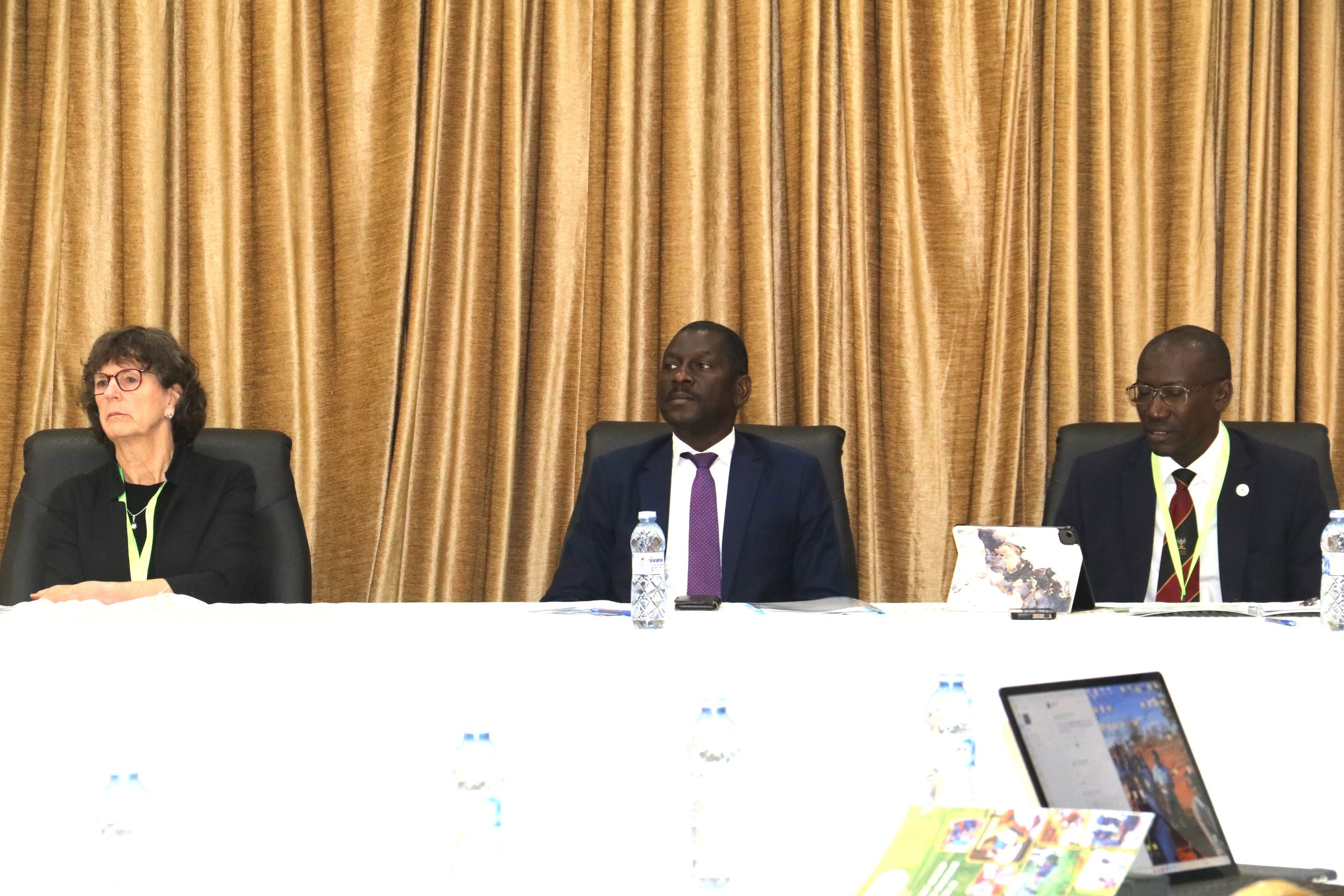
L-R Dr. Denyse Snelder from Vrije Universiteit Amsterdam, Prof. Julius Kikoma, Mak VCs representative, Prof. Frank Norbert Mwiine, Principal CoVAB
Prof. Barnabas Nawangwe, the Vice Chancellor of Makerere University, was represented at the conference by Prof. Julius Kikoma, Director of Graduate Training. Delivering remarks on behalf of the Vice Chancellor, Prof. Kikoma commended the remarkable achievements realized through the strong partnership of multiple universities under the INSSPIRE initiative. He underscored the conference theme, “Advancing Evidence-Based and Inclusive Education for Food Systems and Climate Action,” as a powerful reflection of the project’s commitment to tackling global challenges through innovation, collaboration, and shared learning.
Prof. Nawangwe noted that the INSSPIRE Project, centered on innovation for sustainability and societal relevance, has successfully brought together universities from the Netherlands, Spain, Slovenia, Kenya, Uganda, Benin, and South Africa. Within this collaborative ecosystem, institutions have reimagined higher education to make it more inclusive, experiential, and responsive to pressing challenges such as food systems transformation and climate change.
Nawangwe noted that this transformation comes at a critical time when Africa faces immense challenges in food security and climate change. Uganda remains highly vulnerable, with floods and other climate shocks severely affecting communities and livelihoods. He emphasized that food systems are under pressure from rapid population growth, unsustainable practices, and environmental degradation, while climate change is already impacting nutrition and resilience. Universities like Makerere must rise to this challenge, he said, and that through initiatives like the INSSPIRE Project, Makerere University joined regional and international partners to generate evidence, influence policy, and drive innovation though solutions generated by students, researchers, and communities.
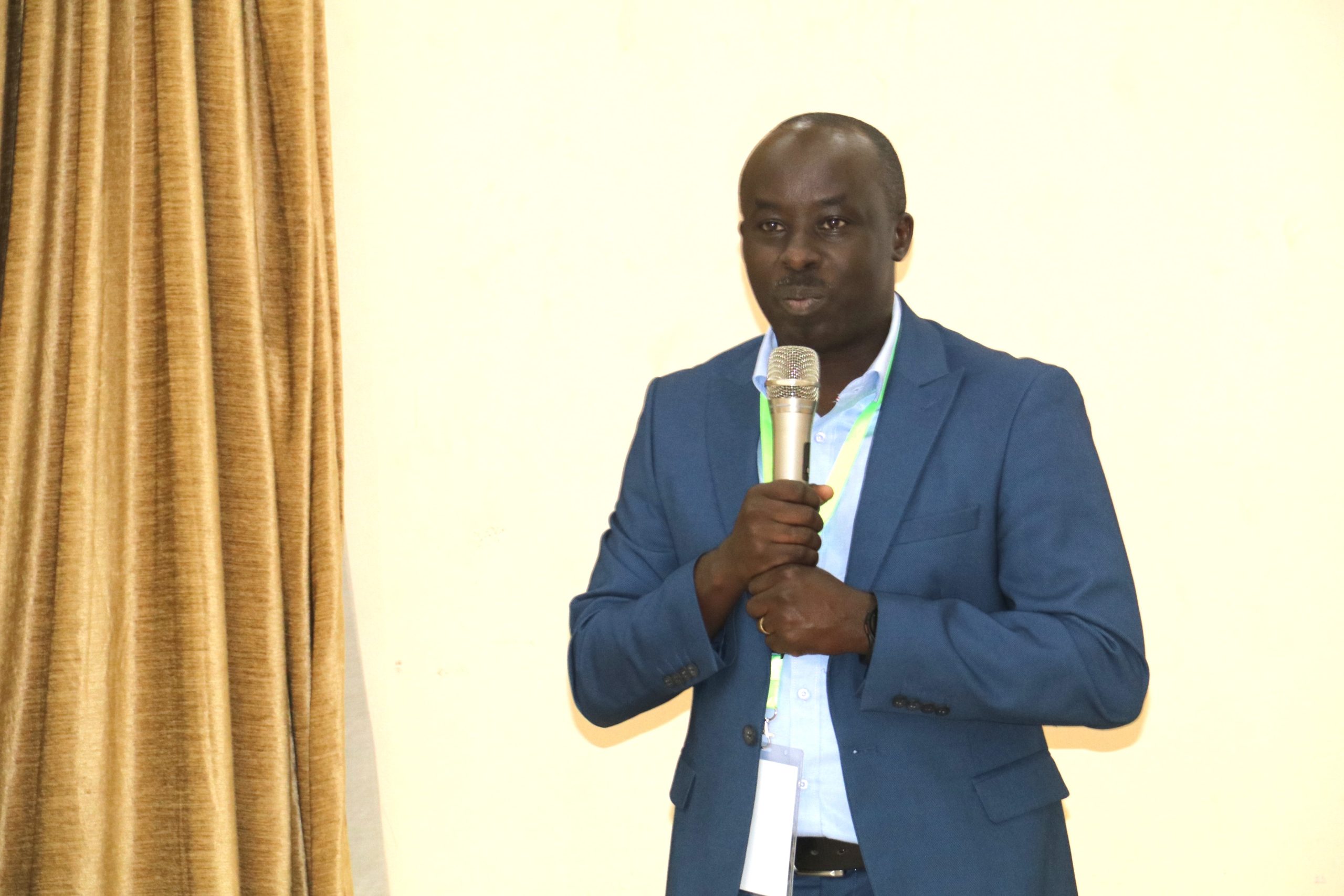
Dr. Charles Drago Kato’s whose dedicated leadership of the Makerere INSSPIRE team was specially recognized
The Vice Chancellor expressed gratitude to Vrije Universiteit Amsterdam, the project’s lead institution, for fostering collaboration that has strengthened long-term partnerships between Makerere and universities in Europe and Africa. He praised this cooperation as a model of global academic partnership, where learning flows both ways and innovation thrives in diversity. He also thanked Erasmus+, the European Union, RUFORUM, FAO, national agencies, and research institutions for their support. Special recognition was given to CoVAB for providing an enabling environment, and to the dedicated Makerere INSSPIRE team led by Dr. Charles Drago Kato, whose leadership has been central to the project’s success.
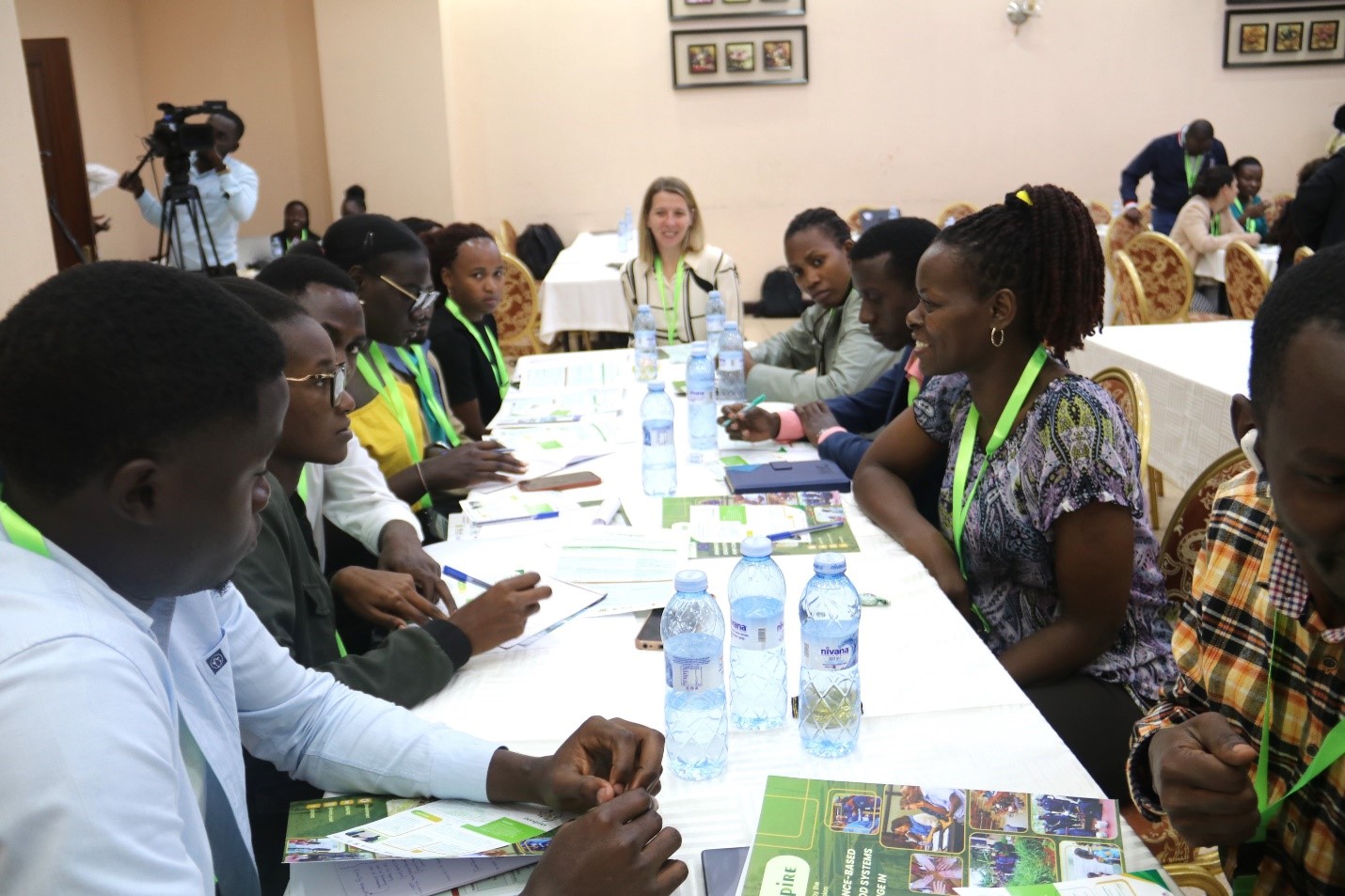
Participants engaged in group discussions
Prof. Frank Norbert Mwiine, Principal CoVAB expressed the commitment of the college leadership in moving the INSSPIRE innovations forward, as demonstrated in the innovations in the department of Livestock resources and the continuous development of staff to broaden the teaching of these courses. He said the college would remain part of the network and appreciated INSSPIRE for the capacity-building initiatives for the staff of the college especially in the new pedagogical methodologies like the real-life lab.
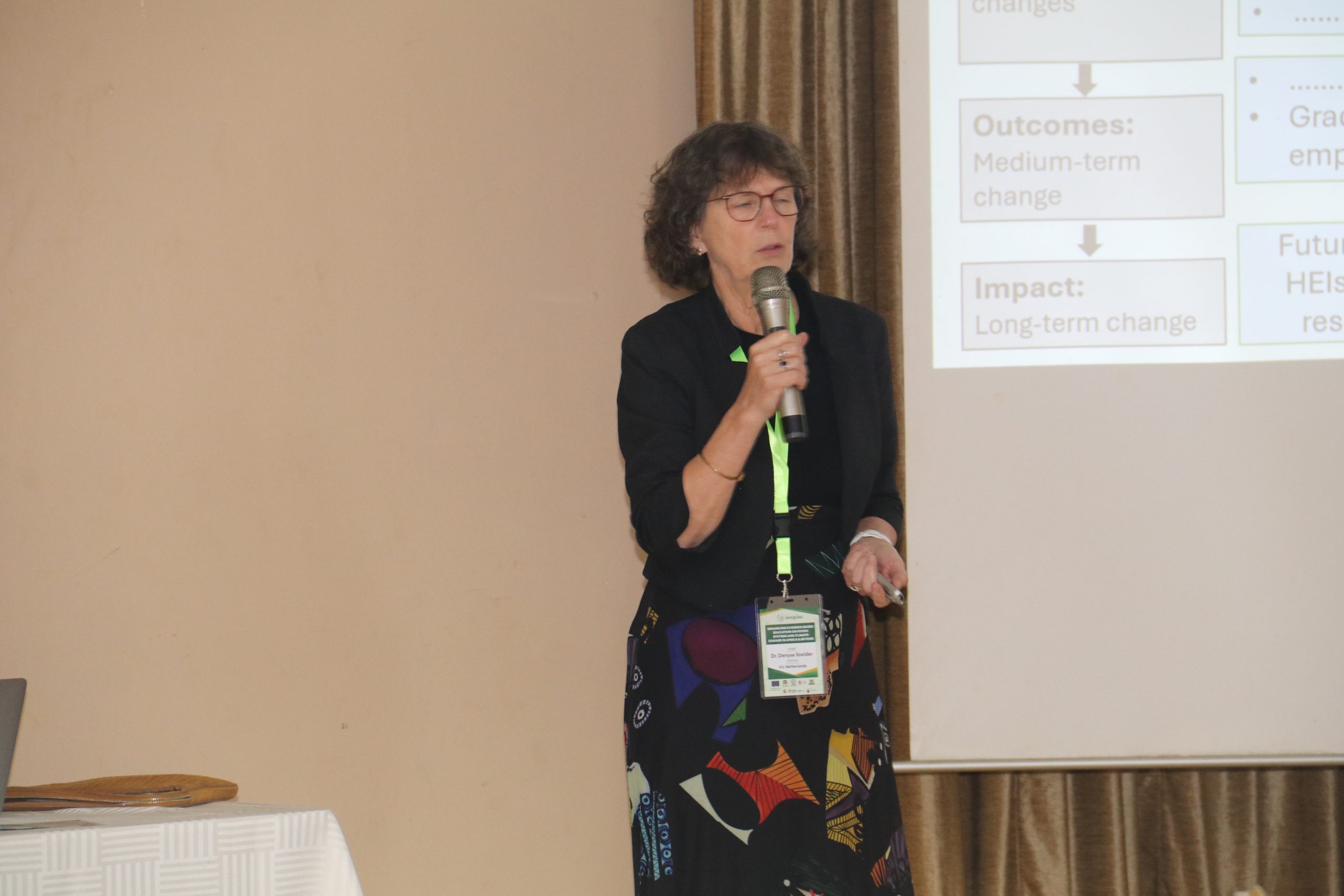
Dr. Denyse Snelder from VU Amsterdam gave remarks at the workshop, highlighting the achievements realized
Dr. Denyse Snelder from VU Amsterdam gave a broad overview of the project activities they engaged in, including the capacity development on evidence-based and inclusive education, strengthening the university to community collaboration, and inter-university collaborations. She highlighted the key achievements realized, which include sixty lecturers actively engaged, 850 students reached through enriched courses, Five Hundred community stakeholders engaged, establishment of community practice with Eighteen Universities in Africa and Europe under the umbrella, South to South and triangular cooperation.
The INSSPIRE Project aimed to prepare students in higher education for labor market success by equipping them with the knowledge and skills needed to drive food systems transformation and adapt to climate change, thereby contributing to sustainable growth.
Story by Harriet Musinguzi & Jacinta Nakaye


